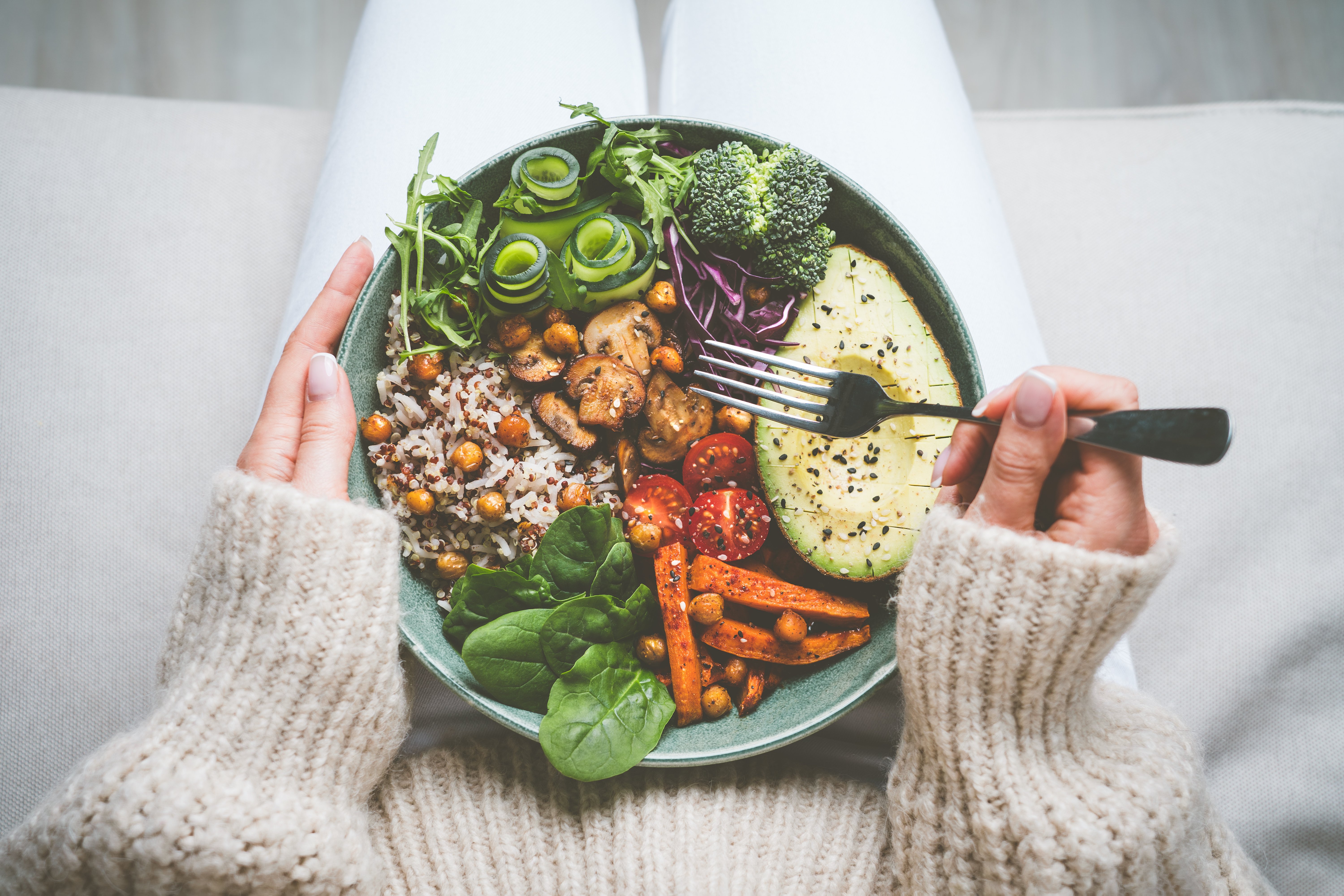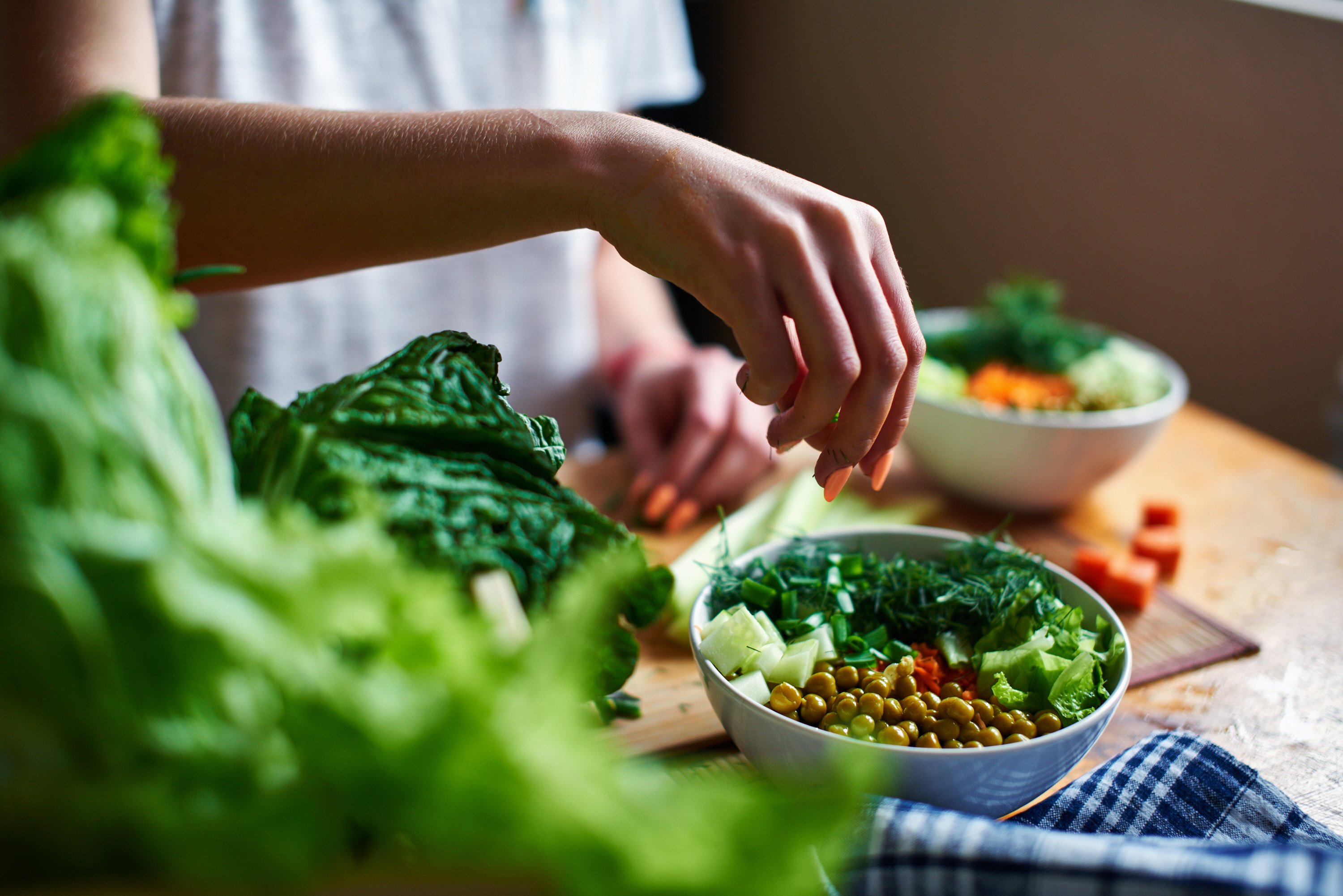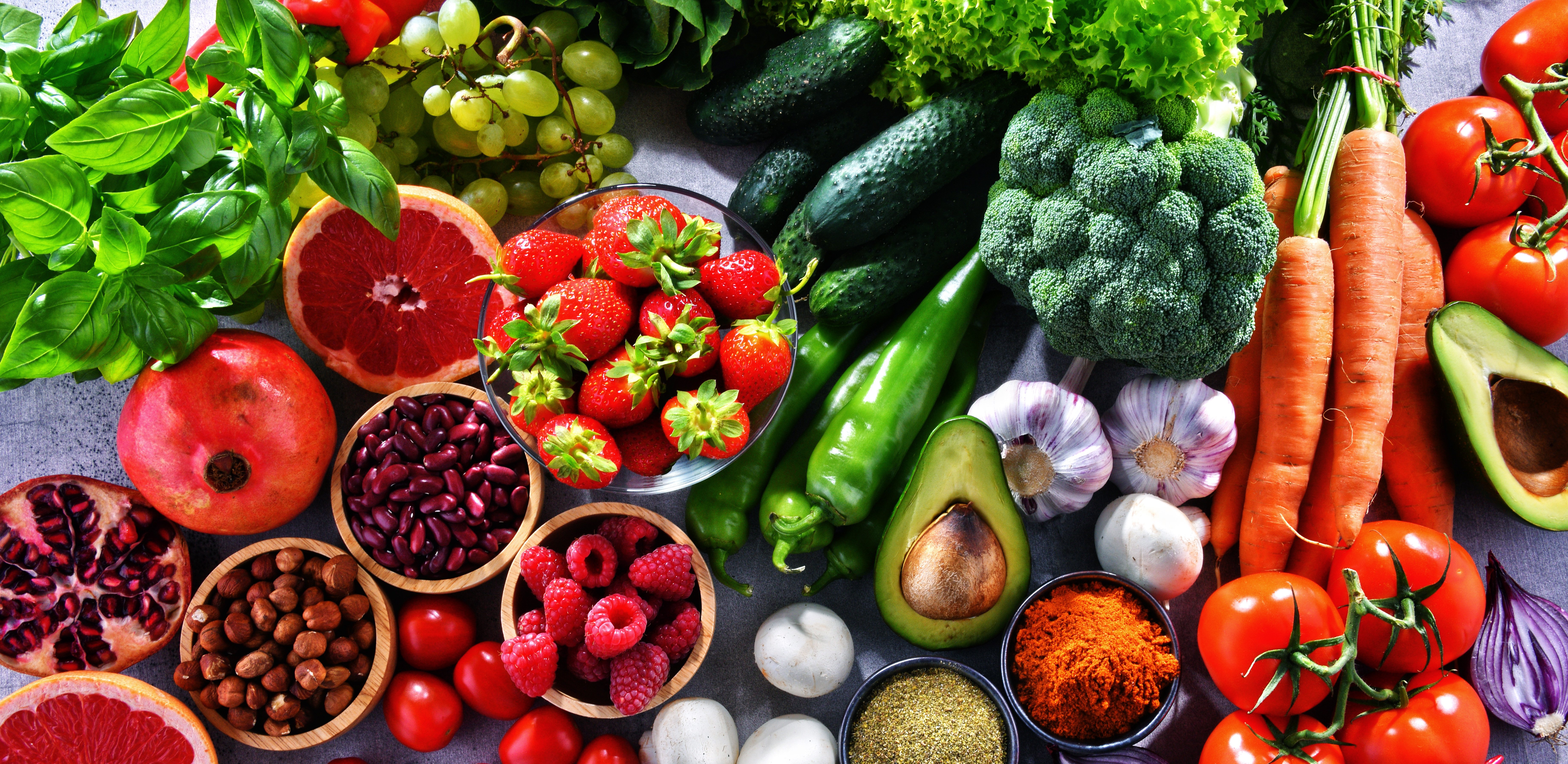

How to improve Heart Health on Valentine's day
John Core, Sodexo Culinary Nutrition Lead
Valentine’s Day is a time to celebrate love and the connections that make life meaningful. Our hearts are not just symbols on a Valentines Day card; they are the engines of our wellbeing, tirelessly supporting us every day. By making thoughtful choices about the foods we eat, we can nurture our hearts and keep them strong—not just for ourselves, but for the people we love. This Valentine’s, embrace heart health ensuring we can share life’s special moments for years to come.
Fats
Fats often get a bad reputation, but not all fats are the same. Understanding the difference is key to maintaining heart health. Fats provide essential energy, help your body absorb vitamins, and support overall wellbeing. However, the type of fat you consume can significantly impact cardiovascular health.
Healthy vs. Unhealthy Fats
Healthy fats, particularly unsaturated fats, are beneficial for heart health. They help lower bad cholesterol (LDL), reduce inflammation, and promote overall cardiovascular wellbeing. Great sources include:
- Olive oil – A Mediterranean diet staple rich in monounsaturated fats.
- Avocados – Packed with heart-healthy monounsaturated fats.
- Nuts & Seeds – Almonds, walnuts, flaxseeds, and chia seeds provide essential nutrients.
- Fatty Fish – Salmon, mackerel, and sardines are excellent sources of omega-3 fatty acids.
On the other hand, unhealthy fats—saturated and trans fats—pose risks to heart health. Saturated fats, found in processed meats, full-fat dairy, and baked goods, can raise LDL cholesterol levels. Trans fats, often found in processed and fried foods, are even more harmful, as they increase LDL while lowering good cholesterol (HDL).
Simple Swaps for Heart Health
- Replace butter or lard with olive or rapeseed oil.
- Snack on nuts or avocado instead of processed crisps.
- Add ground flaxseeds or chia seeds to recipes.

Fibre for Heart Health
Fibre plays a crucial role in lowering cholesterol and supporting cardiovascular function. Soluble fibre dissolves in water to form a gel-like substance that binds to cholesterol, reducing its absorption into the bloodstream.
Top Fibre-Rich Foods
- Oats & Barley – High in beta-glucan, known for cholesterol-lowering effects.
- Legumes – Lentils, chickpeas, and black beans provide fibre and plant-based protein.
- Fruits & Vegetables – Apples, citrus fruits, carrots, and sweet potatoes boost soluble fibre intake.
- Whole Grains – Whole wheat, quinoa, and brown rice contain fibre, antioxidants, and heart-supporting phytochemicals.
Aim for at least 30 grams of fibre daily by incorporating whole grains, legumes, and fibre-rich fruits and vegetables into your meals.

Salt and Sodium Management
Excess sodium contributes to high blood pressure, a significant risk factor for heart disease and stroke. Most sodium intake comes from processed foods, packaged meals, and restaurant dishes.
Reducing Sodium Intake
- Cook from Scratch – Control salt levels and flavour meals naturally with garlic, ginger, turmeric, lemon juice, and vinegar.
- Check Food Labels – Opt for products marked "low-sodium," "reduced-sodium," or "no salt added."
- Choose Fresh Ingredients – Use fresh or frozen produce instead of tinned goods, or rinse tinned foods before use.
Small adjustments in sodium intake can significantly benefit heart health.

Antioxidants and Anti-inflammatory Foods
Oxidative stress and chronic inflammation contribute to heart disease by damaging blood vessels and promoting plaque build-up. Antioxidants and anti-inflammatory foods can help neutralise free radicals and reduce inflammation.
Heart-Healthy Antioxidant Foods
- Berries – Blueberries, strawberries, and raspberries are rich in anthocyanins, which support heart health.
- Leafy Greens – Spinach and kale provide vitamins C and E, which protect blood vessels.
- Green Tea – Contains catechins that reduce inflammation and improve circulation.
Anti-inflammatory Powerhouses
- Turmeric – Curcumin in turmeric fights inflammation; add it to soups, stews, or teas.
- Nuts – Almonds and walnuts provide omega-3 fatty acids and vitamin E.
Incorporating these foods into daily meals supports heart health and overall wellbeing.

Portion Control
Portion sizes matter just as much as food quality when it comes to heart health. Overeating can lead to weight gain, increasing strain on the heart.
Practical Portion Control Tips
- Use smaller plates to regulate portion sizes.
- Pay attention to hunger and fullness signals.
- Eat slowly and avoid distractions to prevent overeating.
Balanced Meal Guide
A heart-healthy plate should include:
- 50% Non-starchy Vegetables
- 25% Lean Protein (chicken, fish, legumes)
- 25% Whole Grains or Starchy Vegetables
- Healthy Fats in Moderation (olive oil, avocado)
Careful portioning of calorie-dense foods like nuts and oils ensures balanced nutrition without excess calories.
The Plant-Based and Mediterranean Diets: Pathways to Heart Health
Two dietary approaches stand out for heart health: plant-based diets and the Mediterranean diet. Both emphasise whole, minimally processed foods while limiting red and processed meats.
Plant-Based Diet Benefits
- Focuses on fruits, vegetables, legumes, nuts, seeds, and whole grains.
- High in fibre, antioxidants, and healthy fats that lower cholesterol and reduce inflammation.
The Mediterranean Diet Advantage
- Incorporates olive oil, fatty fish, nuts, seeds, and fresh produce.
- Minimises red and processed meats, emphasising lean proteins like fish and legumes.
Both diets naturally encourage portion control, mindful eating, and prioritising quality ingredients over quantity.
Easy Ways to Transition
- Start with a meat-free day each week.
- Swap butter for olive oil.
- Increase vegetable intake at every meal.
By adopting these principles, you can enjoy meals that are both nutritious and delicious while protecting your heart for the long term.
Recipes
Grilled Mackerel with Citrus Lentil Salad
Ingredients:
4 fresh mackerel fillets
2 tablespoons olive oil (divided)
1 tablespoon lemon juice
1 clove garlic, minced
½ teaspoon black pepper
2 cups cooked lentils (green or brown lentils work best)
1 small cucumber, diced
1 cup cherry tomatoes, halved
½ red onion, finely diced
1 orange, peeled and segmented (plus juice of half an orange)
2 tablespoons chopped fresh parsley
2 tablespoons chopped fresh coriander
1 tablespoon balsamic vinegar
Method:
Prepare the Mackerel
In a small bowl, mix 1 tablespoon of olive oil, lemon juice, minced garlic, and black pepper.
Brush the mackerel fillets generously with the mixture and set aside to marinate for 10 minutes.
Prepare the Lentil Salad
In a large bowl, combine the cooked lentils, cucumber, cherry tomatoes, red onion, orange segments, parsley, and coriander.
In a small bowl, whisk together the remaining olive oil, balsamic vinegar, and orange juice. Drizzle this dressing over the lentil mixture and toss gently to coat. Adjust seasoning with salt and pepper if needed.
Grill the Mackerel
Heat a grill pan or barbecue to medium-high heat.
Grill the mackerel fillets, skin-side down, for 3–4 minutes until the skin is crispy. Flip and cook for an additional 2–3 minutes until the flesh is opaque and flakes easily.
Assemble the Dish
Divide the lentil salad evenly among four plates.
Place a grilled mackerel fillet on top of each portion.
Serve
Serve immediately with a lemon wedge for extra zest, if desired.
You may also be interested in...